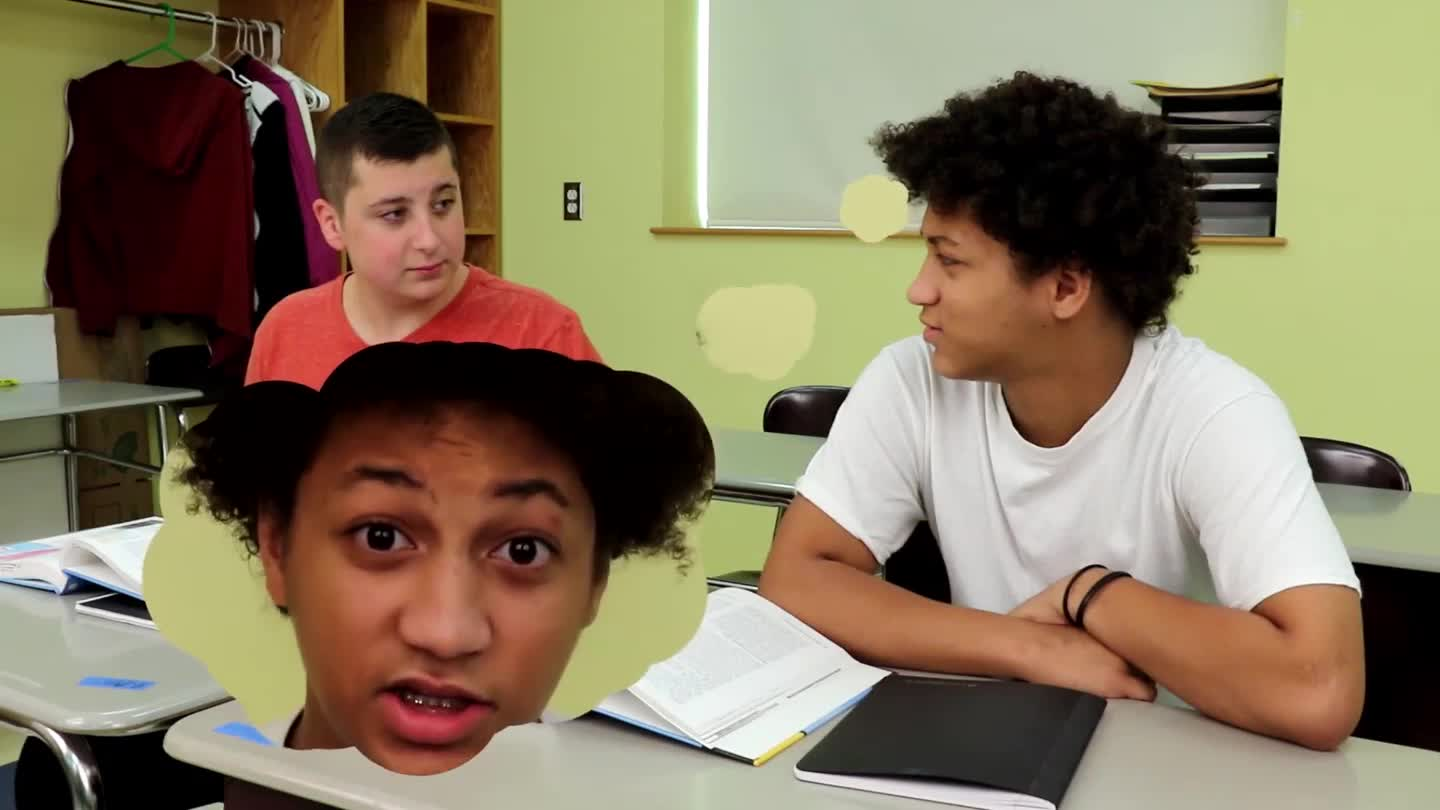
Introduction
Good conversation skills are essential for successful social interactions. In this blog post, we will introduce an engaging activity called “Fork in the Road” that helps students develop their conversation skills using principles of Social-Emotional Learning. The activity focuses on understanding how different behaviors can lead to positive or negative outcomes during conversations. Through this game, students will learn to make better choices when faced with a social fork, ultimately leading to more successful and meaningful interactions with their peers.
No-Prep Activity
In this no-prep activity, educators can guide students through a series of scenarios that involve common conversation challenges. Here’s how to conduct the activity:
- Divide students into pairs or small groups.
- Present a scenario where a character faces a social fork during a conversation. Explain that there are two paths the character can take, each leading to different outcomes.
- Ask students to discuss the potential outcomes of each path and decide which one would lead to a more successful conversation.
- After students have made their choice, reveal the outcome of each path and discuss the reasons behind their decisions.
- Repeat the process with different scenarios, focusing on various conversation skills such as active listening, empathy, and maintaining appropriate topics.
Discussion Questions
After completing the activity, use these questions to stimulate further discussion among students:
- Why is it important to consider the feelings of others during a conversation?
- How can taking things literally or shifting the topic too early affect the outcome of a conversation?
- What strategies can you use to ensure that you provide enough information for others to understand your story?
- How can practicing conversation skills help you build better relationships with your peers?
Related Skills
Besides conversation skills, there are other essential social skills that students can benefit from learning. Some of these include:
- Active listening
- Empathy and understanding
- Non-verbal communication
- Conflict resolution
- Group collaboration
Next Steps
If you found the Fork in the Road activity helpful and want to explore more resources for teaching social-emotional learning, we encourage you to sign up for free samples of our materials. These resources will provide you with additional tools and activities to help your students develop essential social skills. To access these free samples, please visit Everyday Speech Sample Materials.

